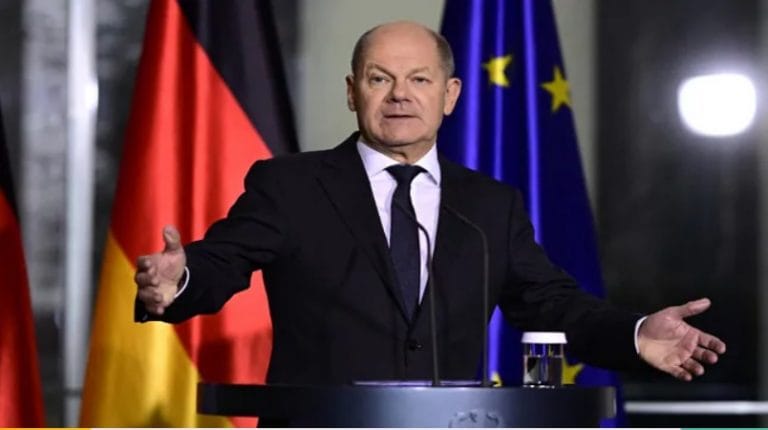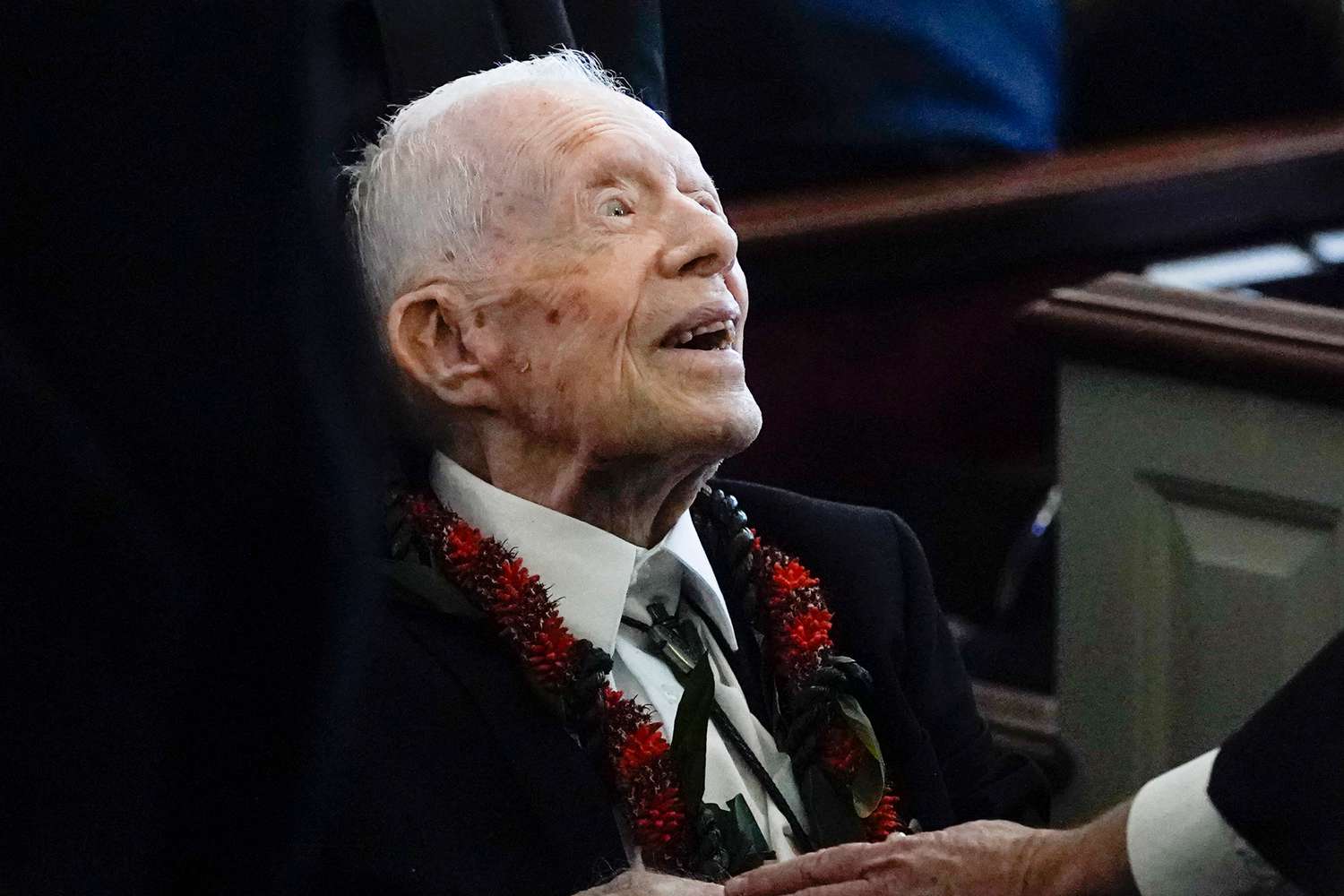A U.S. federal court has ruled to temporarily limit the Department of Government Efficiency (DOGE), an initiative spearheaded by tech entrepreneur Elon Musk, from interfacing with vital U.S. Treasury payment systems. The decision, handed down on Saturday by Judge Colleen Kollar-Kotelly, underscores intensifying concerns around the oversight and security of government financial systems.
The case emerged as a group of state attorneys general, supported by unions and advocacy organizations, filed a lawsuit contending that DOGE’s operations were not legally sanctioned to access Treasury records. Such systems process trillions of dollars in payments annually, including Social Security disbursements and federal tax collections. The states emphasized that granting DOGE access would pose a risk to both taxpayer privacy and governmental accountability.
Elon Musk, known for his pioneering roles in Tesla, SpaceX, and more recently in federal-level initiatives, established DOGE to promote efficiency across governmental operations. Musk asserts that this department can significantly enhance fiscal processes through advanced automation and AI-driven technologies. However, critics argue that the initiative lacks the requisite checks and balances.
In granting the preliminary injunction, Judge Kollar-Kotelly stated that potential irreparable harm to citizen data and government operations justifies an immediate halt to DOGE’s access to Treasury records. The judge further indicated the need to scrutinize the legal frameworks surrounding DOGE’s establishment and operations.
DOGE has already played a role in streamlining several government functions under Musk’s leadership. Yet, this case has sparked heated debates about the extent of privatization in public administrative roles. Observers note that the blend of for-profit tech innovation with public policy raises unprecedented questions about governance.
Legal Arguments
At the center of the controversy are accusations that DOGE’s activities could breach federal statutes safeguarding personal and financial data. State attorneys in the lawsuit alleged multiple instances of non-compliance in DOGE’s management of sensitive records, emphasizing the absence of independent oversight.
Representatives of DOGE countered these claims during court hearings by arguing that its systems were designed with sophisticated security protocols. They insisted that the temporary restrictions would setback ongoing initiatives aimed at enhancing federal payment protocols.
Broader Implications and Reactions
This legal battle has also drawn attention in political circles. Advocates for Musk’s initiative include officials who hail the partnership as a bold step toward modernizing federal workflows. Conversely, advocacy groups like government watchdogs and unions remain skeptical. They have expressed growing unease over what they see as the erosion of public accountability when private actors are situated too close to fiscal operations critical to national stability.
Musk himself has described the ruling as an impediment to progress, stating that DOGE’s approach could have unlocked billions in taxpayer savings. Still, detractors argue that such ambitions should not circumvent established legal protections.
With the case set for further hearings, analysts expect broader discussions about the boundaries between privatization and public governance. Some experts caution that overlooking constitutional frameworks in the rush toward increased efficiency could result in profound challenges to the public sector’s integrity.
This court case highlights the complex dynamics governing the relationships between innovation, law, and constitutional limits. Future debates will likely explore whether integrating high-profile private enterprises into government functions is a step forward or an erosion of democratic values.
Implications for Other Federal Programs
The DOGE controversy may also set a precedent for other private-public partnerships beyond the fiscal realm. Observers speculate that future reforms in health care, infrastructure, and education could face heightened scrutiny. Moreover, delays in DOGE-backed Treasury efficiency projects have raised questions about potential ripple effects on other government-sponsored innovation efforts.
As this legal showdown unfolds, it encapsulates broader societal dilemmas: the potential of transformative technological advancements weighed against risks to sovereignty and transparency. Whether Musk’s DOGE succeeds or not, the case signals a defining moment in government modernization approaches.



